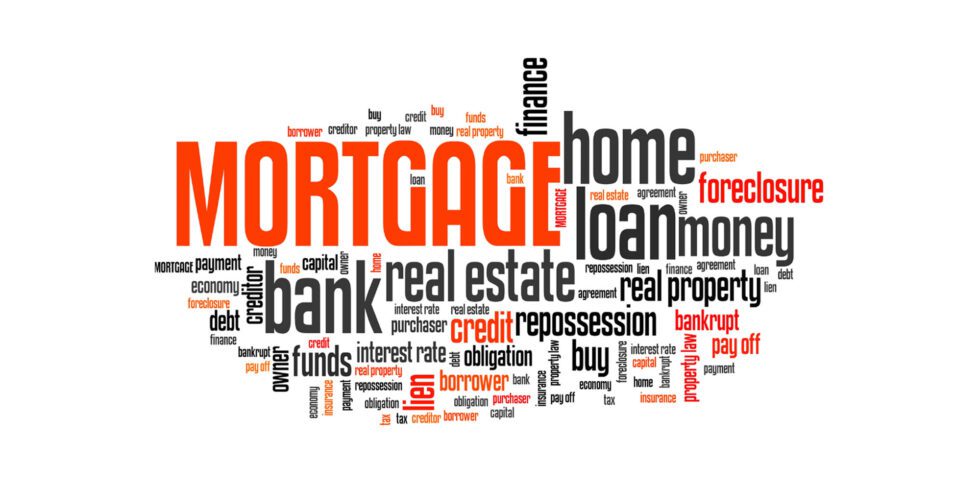How Lenders Assess Investment Property Loans
- Home
- /
- How Lenders Assess Investment Property Loans

- 04 Mar, 2024
Categories Home Loans
How Lenders Assess Investment Property Loans
If you’re buying an investment property, it’s important to understand that lenders have stricter loan application criteria that you need to meet. That’s because lenders usually perceive investment properties as being higher risk, especially if you’ll be relying on income from tenants to make your loan repayments.
There’s always a risk that any investment property you buy may be untenanted for a length of time. If it ever is, you still need to be able to make your loan repayments.
Loan-to-value ratio (LVR)
The policies of different lenders vary, but in general, they usually have a lower maximum loan-to-value ratio (LVR) that they’re prepared to accept for investment property loan applications.
An LVR is an amount you need to borrow expressed as a percentage of the value of the property you’re buying. For example, if you want to buy an investment property valued at $600,000 and you need to borrow $450,000, your LVR would be 75% ($450,000 divided by $600,000).
There are two ways to lower your LVR:
1) provide a more substantial deposit (if that’s possible), or
2) borrow less. In other words, buy a cheaper property. But if you do that, it’s still vital to choose a property in a good location so you’ll be able to attract good tenants.
Types of investment property loans
The two main types of investment property loans are:
1) a standard principal and interest loan, and
2) an interest-only loan.
With a principal and interest loan, you repay part of the principal (the amount you borrow) plus interest with each repayment you make. Your equity in your investment property will increase as the amount you owe reduces over time.
With an interest-only loan, on the other hand, you’re only paying interest. This means your repayments will be lower. Interest-only loans are typically offered for periods of 1 to 5 years. After the interest-free period ends, the loan usually reverts to a standard principal and interest loan.
The lower initial repayments on an interest-free loan can allow you to:
- afford an investment property sooner than you would if you took out a principal and interest loan, and
- buy a more expensive investment property.
But it’s important to understand that:
- you won’t be reducing your loan debt during the interest-free period so that you won’t be increasing your equity as quickly.
- You’ll need to be able to convince your lender when you apply that you’ll be able to afford principal and interest loan repayments when the interest-free period ends.
How we can help
At ARG Finance, our experienced team of home loan brokers can help you to get an investment property loan. We’ll take the time to understand your individual circumstances so we can provide you with appropriate advice.
We can also help you with other types of loans, including first home buyer loans, construction loans, refinancing, bridging loans and business loans.
Contact us today for an obligation-free chat to find out how we can help you!
Disclaimer: The content of this article is general in nature and is presented for informative purposes. It is not intended to constitute financial advice, whether general or personal nor is it intended to imply any recommendation or opinion about a financial product. It does not take into consideration your personal situation and may not be relevant to circumstances. Before taking any action, consider your own particular circumstances and seek professional advice. This content is protected by copyright laws and various other intellectual property laws. It is not to be modified, reproduced or republished without prior written consent.
Latest Posts
-
-
7 Steps for Obtaining a Better Mortgage 04 Mar, 2024
-
A Must-Have Checklist For Every Home Seller 04 Mar, 2024






































